
Why Your Hands or Arms Fall Asleep at Night and What To Do
Waking up to find that your hand or arm has “fallen asleep” is usually more annoying than dangerous. In most cases, this happens when pressure is placed on a nerve in your arm during sleep. However, several different factors can lead to this pressure and result in one or both arms or hands feeling numb, weak, or tingly when you wake up.
The medical term for this sensation—whether it is numbness, tingling, itching, burning, or the classic “pins and needles”—is paresthesia. Most of the time, normal sensation returns quickly once the pressure on the nerve is relieved. But if you frequently wake up with numb hands or arms, or if the sensation lingers, it may signal a more serious underlying problem such as nerve damage or another medical condition that requires attention.
Below, we’ll explore the major causes of hands and arms falling asleep during the night, additional health conditions that can cause tingling, and practical ways to prevent and resolve the issue.
What Causes Hands or Arms to Fall Asleep?
Three major nerves run from the neck down to the fingertips: the ulnar nerve, the radial nerve, and the median nerve. According to the National Institute of Neurological Disorders and Stroke, sustained pressure on any of these nerves can cause paresthesia, leading to numbness or tingling in the affected areas.
Dr. Carol DerSarkissian of WebMD notes that, most of the time, nighttime numbness isn’t serious and sensation returns once the nerve pressure is removed. However, chronic or recurring symptoms may be linked to conditions such as:
-
A trapped nerve
-
Nerve injury
-
Diabetes
-
Vitamin B12 deficiency
Understanding why these nerves become compressed during sleep can help you prevent the problem in the first place.
Common Reasons Your Hands or Arms Fall Asleep at Night
1. Poor Sleeping Position
One of the most common causes of nighttime numbness is sleeping in a position that puts pressure on the nerves in your arm. For example:
-
Sleeping with your arm tucked under your head
-
Lying on your back with arms stretched overhead
-
Falling asleep with your arm pinned under your body
These positions can restrict nerve function and even reduce blood flow, which contributes to tingling or “pins and needles.”
A simple change in sleep posture—keeping arms in a neutral position beside your body—often makes a big difference.
2. Ulnar Nerve Entrapment
The ulnar nerve, which runs from the neck through the elbow and down to the hand, is particularly vulnerable to compression. According to the American Academy of Orthopaedic Surgeons, sleeping with the elbow bent for long periods can compress this nerve, causing numbness in the ring and little fingers.
Conditions that may worsen ulnar nerve entrapment include:
-
Previous elbow injuries
-
Arthritis
-
Repetitive strain on the elbow joint
To prevent nighttime irritation, doctors recommend keeping the elbow straight while sleeping. Wrapping a towel loosely around the elbow to keep it from bending can be especially helpful.
3. “Saturday Night Palsy”
“Saturday night palsy” occurs when the radial nerve is compressed for a long period—typically when someone falls asleep against a hard surface. The term originated from people falling asleep on a bar stool or chair after drinking too much alcohol.
Extended pressure on the radial nerve can result in temporary numbness, but chronic compression may lead to lasting nerve damage.
4. “Honeymoon Palsy”
“Honeymoon palsy” occurs when another person falls asleep on your outstretched arm, compressing the radial nerve. This can lead to complete numbness or intense tingling. While the symptoms usually reverse once pressure is removed, repeated compression may weaken the affected nerve over time.
5. Carpal Tunnel Syndrome
Carpal tunnel syndrome is caused by pressure on the median nerve as it passes through the wrist. Symptoms often worsen at night, especially if you sleep with your wrists bent.
Signs you may have carpal tunnel syndrome include:
-
Tingling or numbness in the thumb, index, middle, and ring finger (but not the little finger)
-
Weak grip strength
-
Hand pain that wakes you up
Sleeping with a wrist splint, avoiding repetitive wrist movements, and applying ice can help manage symptoms.
6. Stroke (Rare but Serious)
While waking up with a numb arm alone is not typically a sign of stroke, numbness on one side of the body—especially if paired with other symptoms—can indicate a medical emergency.
Signs of stroke include:
-
Sudden numbness or paralysis on one side
-
Difficulty speaking or understanding speech
-
Sudden vision problems
-
Severe headache with dizziness or vomiting
If these symptoms appear, seek immediate medical attention.
Other Conditions That Can Cause Tingling or Numbness
Vitamin B12 Deficiency
Vitamin B12 plays a key role in nerve health. When levels are low, nerves can become damaged, leading to numbness or tingling in the hands or feet. Other symptoms include:
-
Fatigue
-
Shortness of breath
-
Headaches
-
Pale skin
Untreated B12 deficiency can lead to permanent nerve damage, so proper diagnosis and supplementation are important.
Diabetes and Nerve Damage
Diabetes can lead to diabetic neuropathy, a nerve disorder that causes pain, numbness, or tingling in the hands, arms, legs, and feet. The risk increases with age and the duration of diabetes.
Other early signs of diabetes include:
-
Excessive thirst
-
Frequent urination
-
Slow-healing wounds
-
Unexplained weight changes
-
Chronic fatigue
Managing blood sugar is key to preventing long-term nerve damage.
Additional Causes
Doctors at WebMD also list the following potential causes:
-
Trapped nerves elsewhere in the body
-
Alcohol abuse
-
Multiple sclerosis
-
Side effects from certain medications
How to Wake Up a Numb Arm or Hand Quickly
If you wake up with your arm asleep, try the following:
-
Remove any pressure from the affected limb.
-
Shake your hand gently for several seconds to boost blood flow.
-
Stretch your arms upward toward the ceiling.
-
Roll your neck side to side to release compressed nerves.
-
Raise and lower your shoulders to reduce tension in the neck and upper back.
Sensation should return gradually as blood flow and nerve function normalize.
How to Prevent Hands and Arms From Falling Asleep at Night
-
Avoid sleeping on your arms.
-
Keep your wrists straight and your elbows slightly bent.
-
Try not to let your arm hang off the bed.
-
Use supportive pillows to maintain neutral sleep posture.
-
Exercise regularly to promote healthy circulation.
-
Avoid repetitive wrist and elbow movements that may strain nerves.
Making small changes to your sleep habits can significantly reduce nighttime numbness.
When to See a Doctor
Most cases of nighttime numbness are harmless. However, you should seek medical attention if you experience:
-
Numbness along with weakness elsewhere in the body
-
Difficulty speaking or understanding speech
-
Numbness following a neck, head, or back injury
-
Rash accompanied by tingling
-
Any loss of consciousness
-
Persistent numbness that does not improve
Early diagnosis can prevent long-term nerve damage.
News in the same category

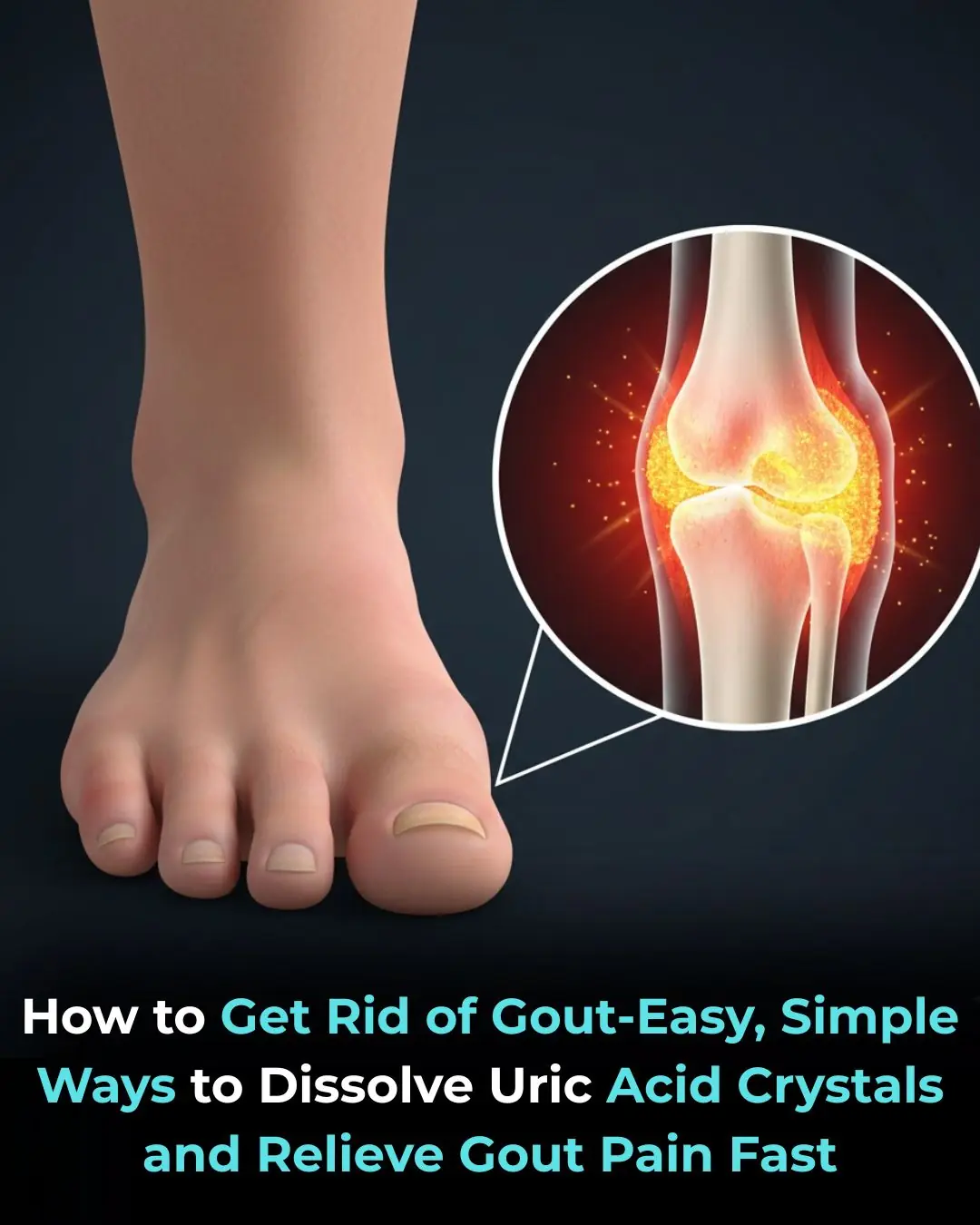
The Best Natural Gout Treatments: Remove Uric Acid Crystallization To Prevent Gout And Joint Pain

How to Tell If You Have Intestinal Parasites and What to Do About That

6 fruits that help your body fight cancer cells naturally
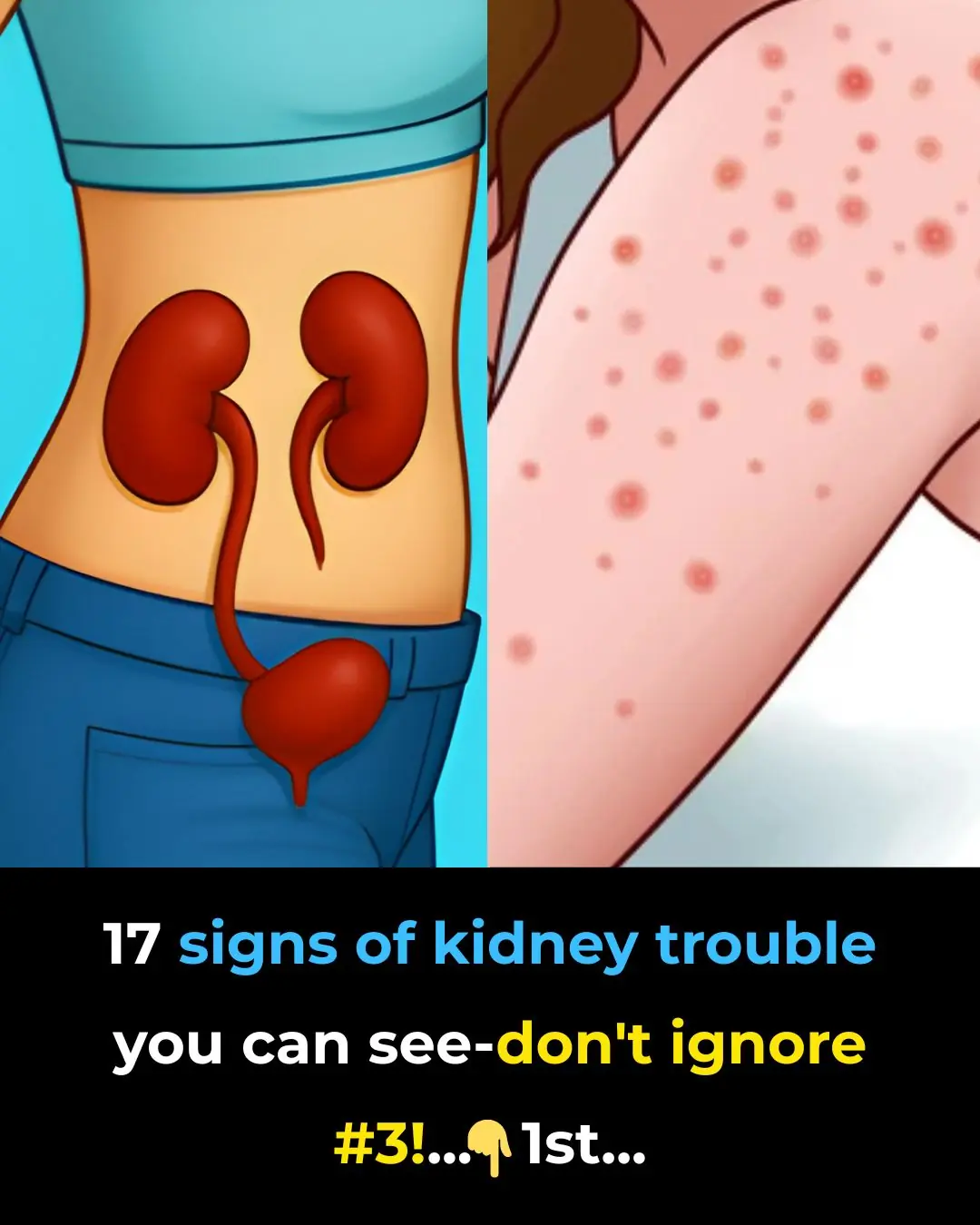
17 signs of kidney trouble you can see—don’t ignore #3!
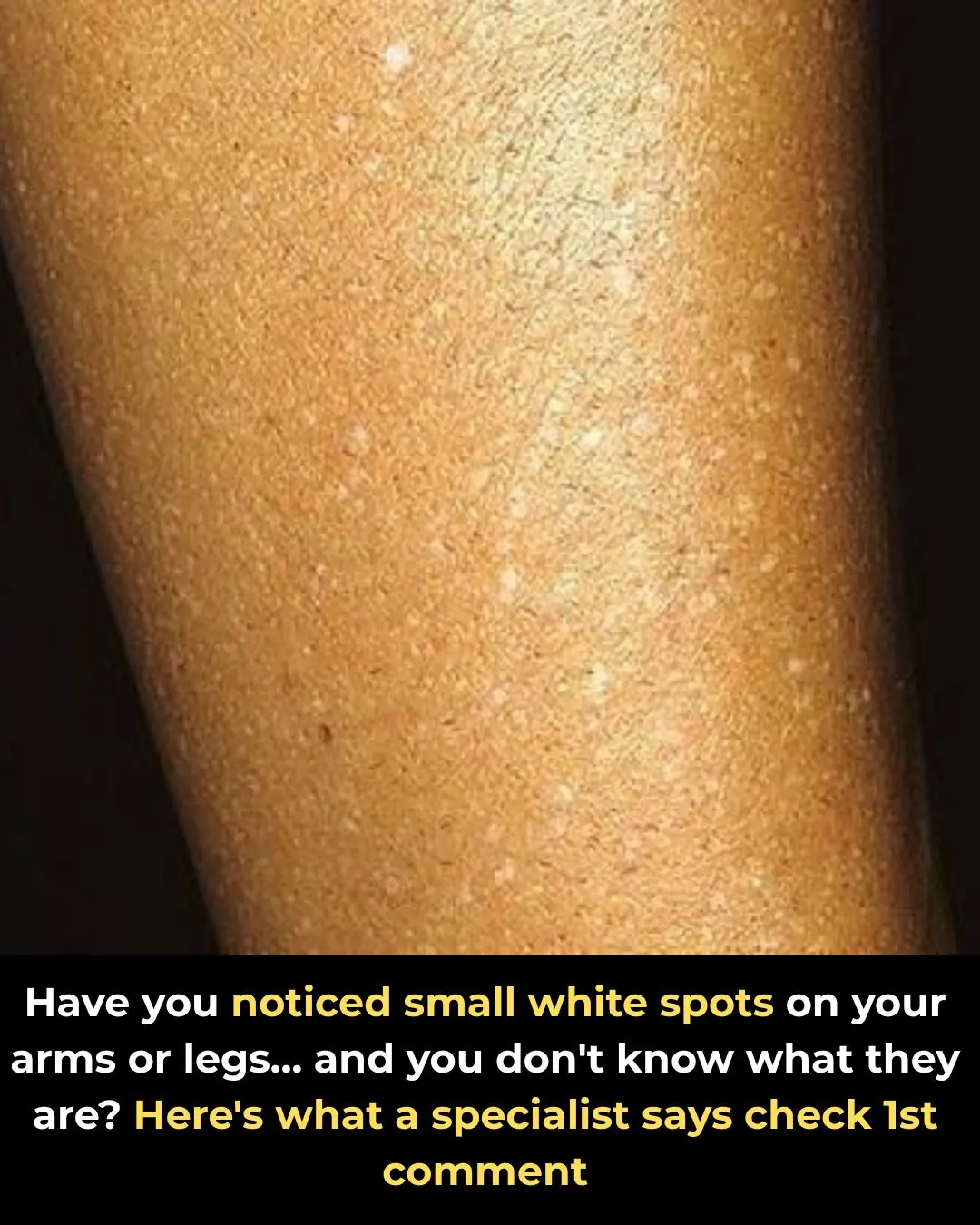
Have you noticed small white spots on your arms or legs… and you don't know what they are?

Never Toss Banana Peels Again: The 2,000-Year-Old “Trash” Trick That Erases Wrinkles, Heals Scars, Whitens Teeth & Drops Blood Pressure Overnight

The $5 Kitchen Secret: Why You Should Be Brushing Your Teeth with Turmeric and Baking Soda

This carb is more damaging to your blood sugar than pure sugar
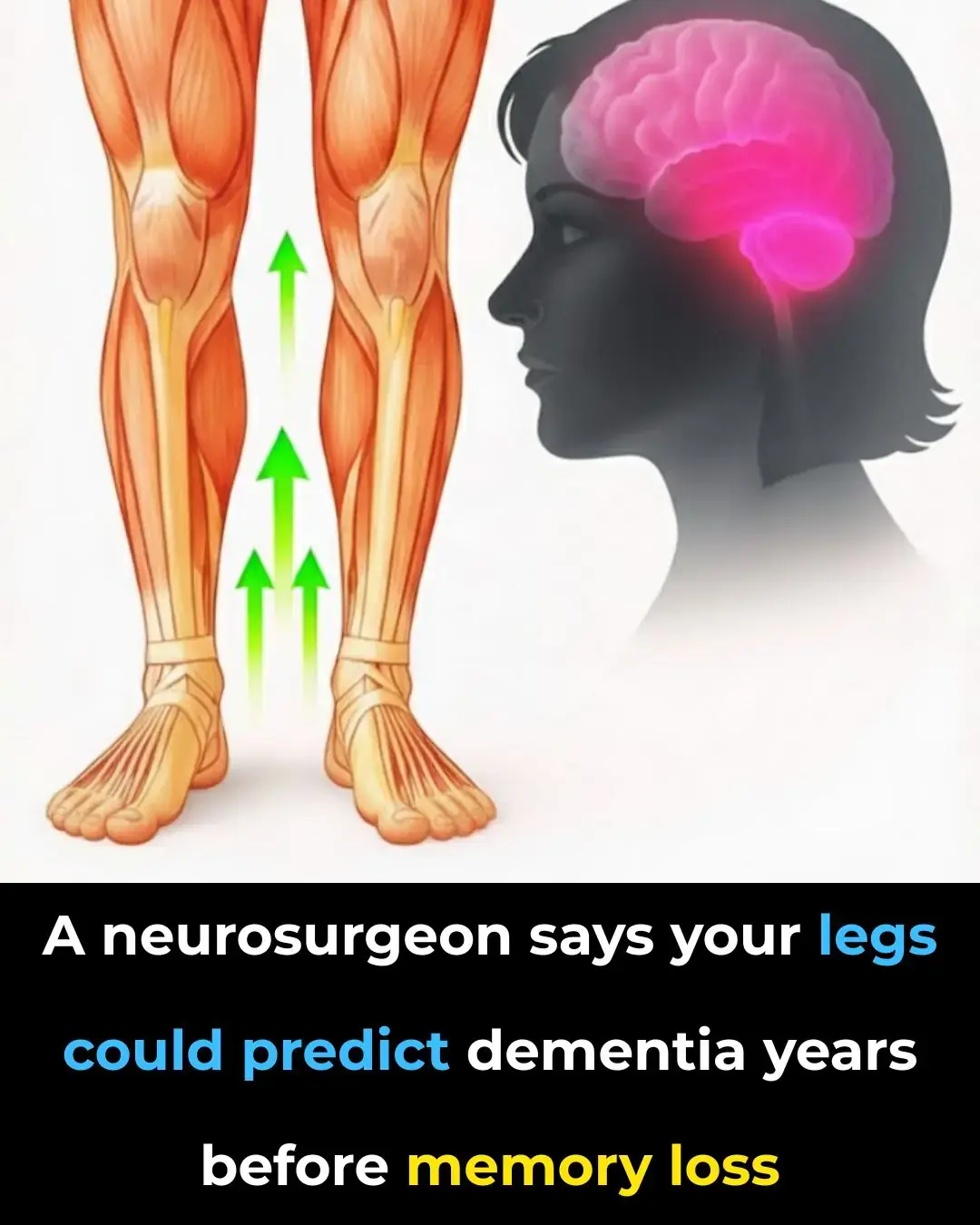
A neurosurgeon says your legs could predict dementia years before memory loss
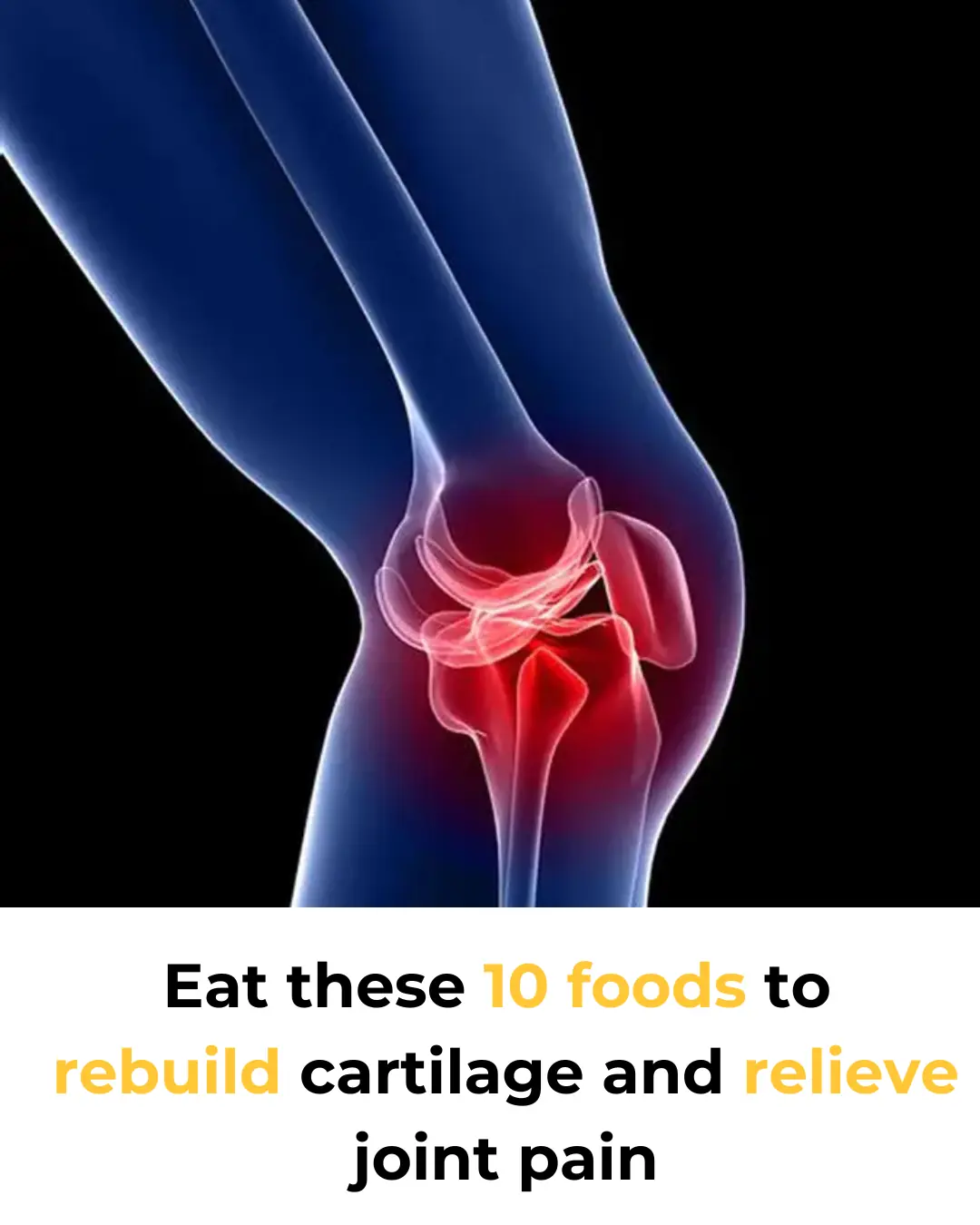
Top 10 Foods to Heal Knee Pain and Rebuild Cartilage Naturally

What Happens If You Eat 4 Whole Eggs Every Day for 30 Days?

Avoid Ginger If You Have THESE Health Problems

The step-by-step plan to drop 30 pounds quickly in 2025

Got High Blood Pressure? Try This 2-Ingredient Tea!
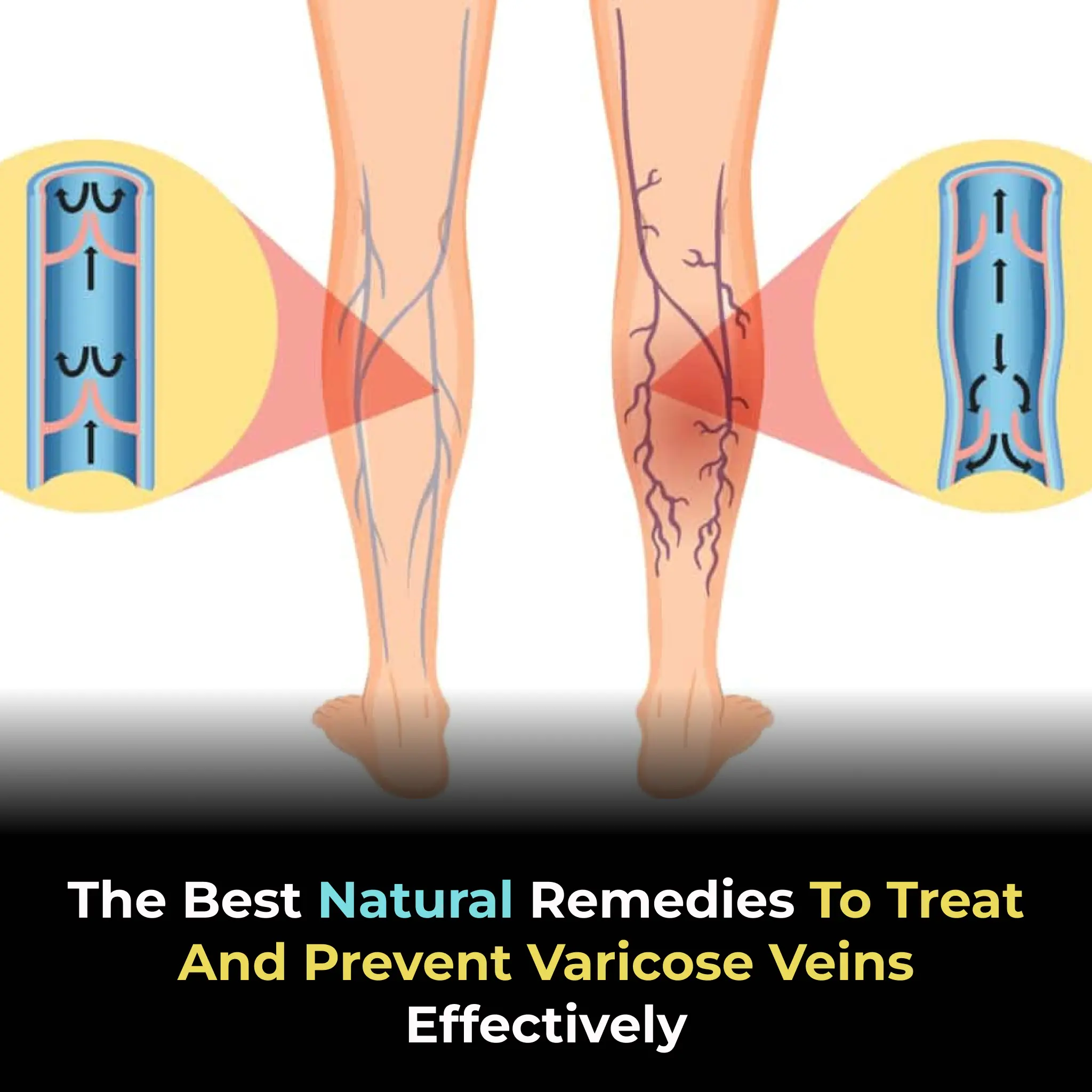
The Best Natural Remedies to Treat and Prevent Varicose Veins Effectively

People Who Do This Every Morning Have Better Circulation and More Energy
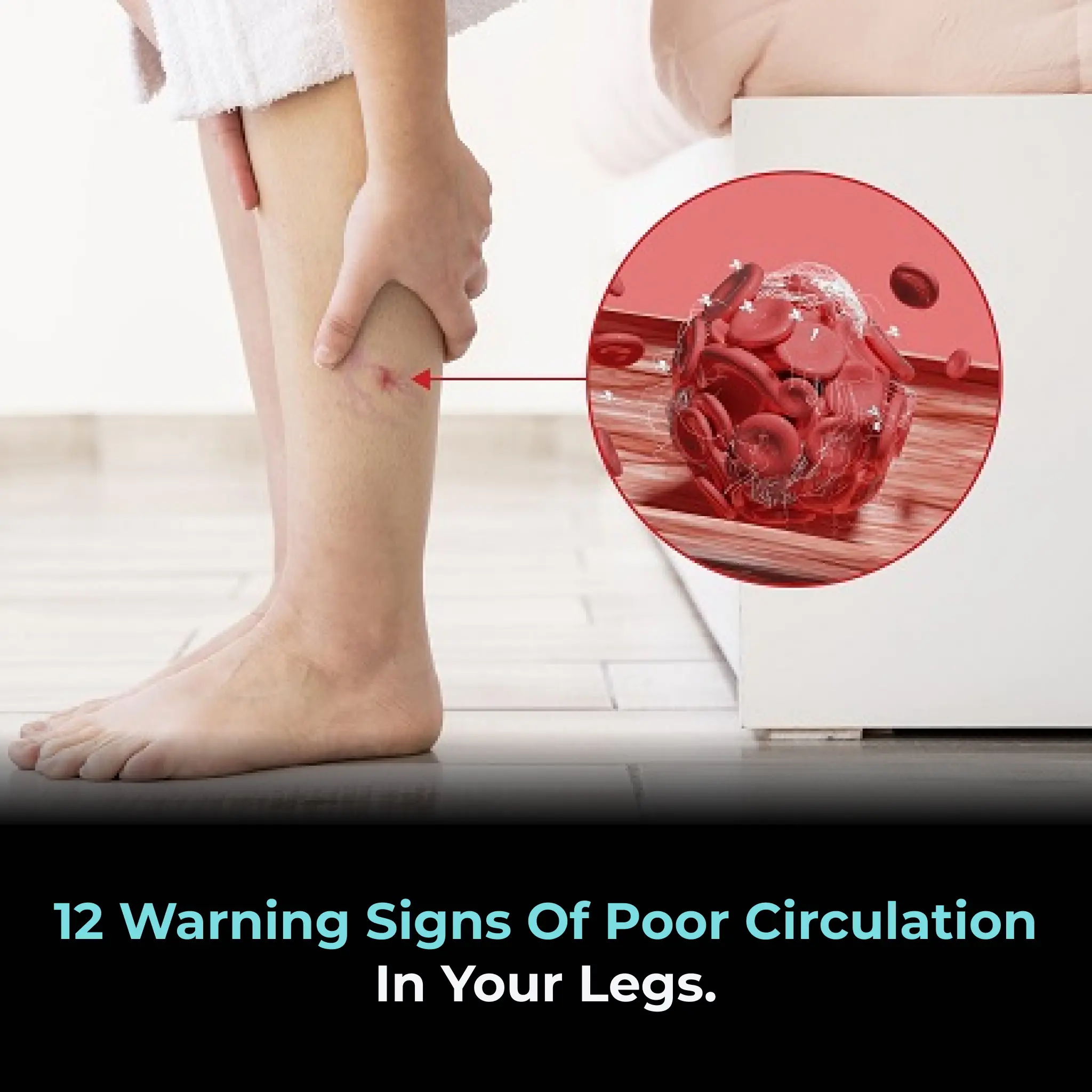
12 warning signs of poor circulation in your legs.
News Post

The Medicinal Powers of Turmeric That Doctors Rarely Mention

The Best Natural Gout Treatments: Remove Uric Acid Crystallization To Prevent Gout And Joint Pain

How to Tell If You Have Intestinal Parasites and What to Do About That

People Who Eat 3 Eggs Every Day Are Noticing This Crazy Difference

Meet Jonathan: The 192-Year-Old Tortoise Who Has Witnessed History and Continues to Inspire

Retired Couple in UK Successfully Nurtures 90-Million-Year-Old Wollemi Pine, Leading to Its First Reproduction Outside Australia

Stem Cell Therapy for Type 1 Diabetes Shows Promise in Human Clinical Trials
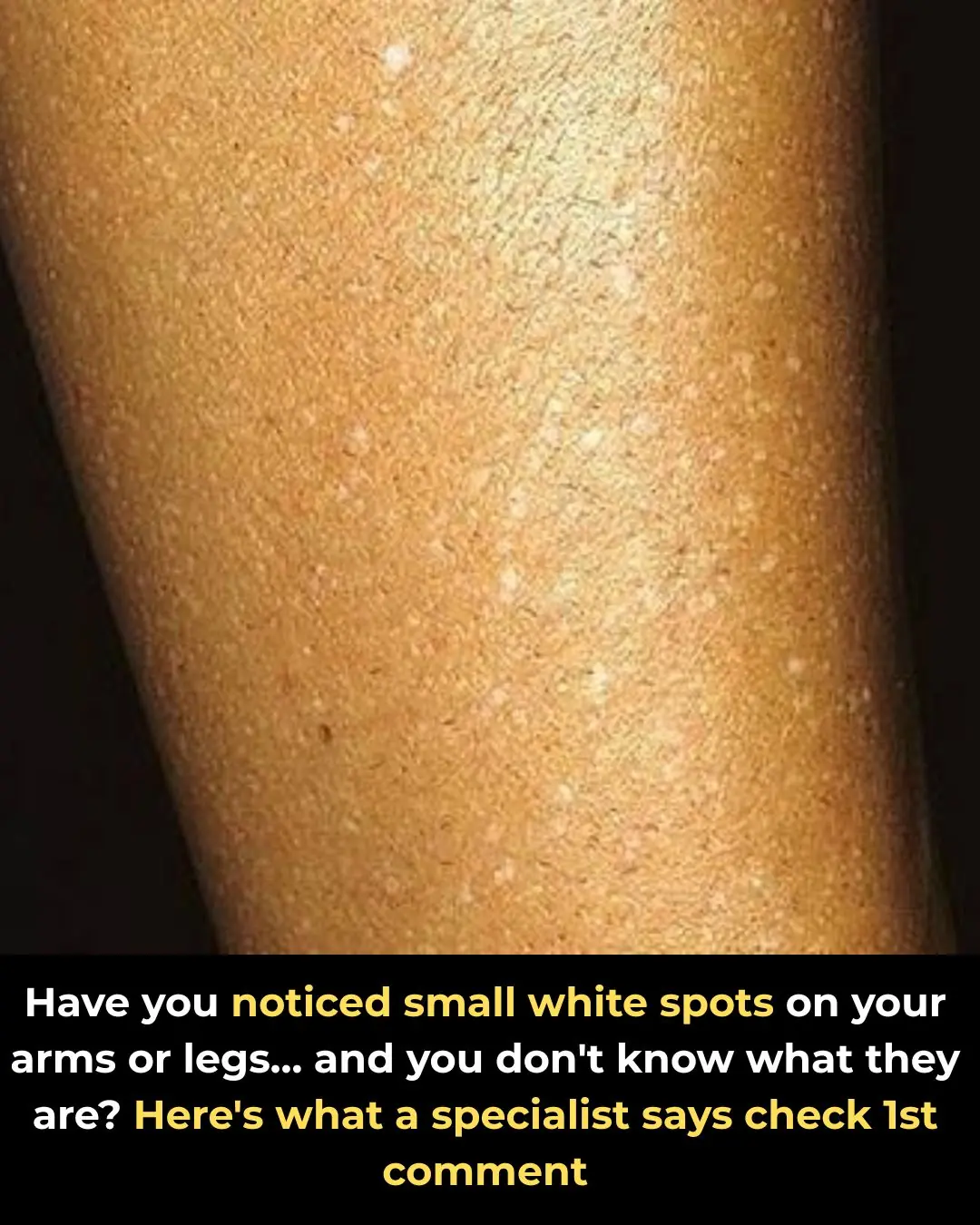
Have you noticed small white spots on your arms or legs… and you don't know what they are?

How Guyana Became the Only Nation Fully Self-Sufficient in All Seven Major Food Groups

Donald Trump's new scarf leaves everyone saying the same thing

Scientists May Have Just Found a Breakthrough Hair-Loss Treatment

Panama's Marine Collapse: The End of a Key Ocean Upwelling System and What It Means for the Future

Genetic Evidence Links Icelanders to Native Americans, Suggesting Viking Contact with the Americas

Vietnam Approves Russian-Made Cancer Immunotherapy ‘Pembroria’ for Multiple Cancer Types

The Kid Who Was Surprised By Dad With Birthday Bat In Viral Video Hits Home Run With Bat And Dad Catches It

Delaware Post Office Renamed In Honor of Mary Ann Shadd Cary, First Black Woman Publisher

Hayli Gubbi Volcano Erupts in Ethiopia for First Time in 12,000 Years

Meet Shantrelle P. Lewis, Curator, Filmmaker & the Preeminent Scholar of Global Black Dandyism
